How to Automatically Create an Archive of Backtrack Call Recordings
Businesses and organizations use call recording as a vital tool to enhance customer service, meet compliance requirements, and provide training resources. Automating the archiving of these recordings can significantly reduce costs and personnel expenses, while providing secure and easy access to data. In this article, we will explore a step-by-step approach to automate Backtrack call recording archiving processes, evaluating necessary equipment alongside proven approaches and effective standards for implementation.
Why Automate Call Recording Archiving?
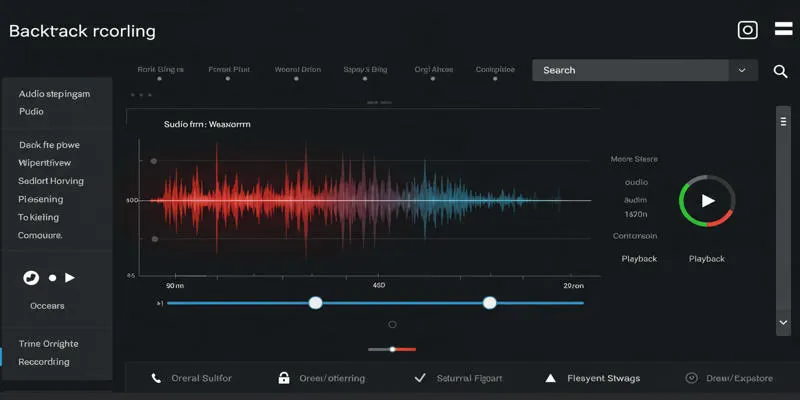
- Implementing automatic call recording archive functions offers multiple advantages.
- Automation reduces manual tasks, leading to more time-efficient operations.
- It ensures data storage and retention comply with industry regulations.
- Security: Protects sensitive customer information through encryption and secure storage.
- Automated processes make data retrieval more efficient for analysis and training sessions.
Steps to Automate Archiving of Backtrack Call Recordings
1. Choose the Right Tool
To achieve automation, selecting reliable call recording software or platforms is crucial.
Look for features such as:
- Automatic recording capabilities.
- Integration with cloud storage solutions like Google Cloud, FTP servers, or other remote storage options.
- Security features like encryption and user permissions.
2. Configure Storage Settings
Most call recording platforms offer configuration tools for automatic data archiving.
Here’s how:
- Select recording settings from your call management system’s user interface.
- Ensure the system allows data storage and archiving through remote locations.
- Choose an FTP server or Google Cloud bucket storage type and input the necessary authentication credentials.
3. Schedule Archiving Tasks
- The BT Cloud Voice Call Recording Archiver Scheduler automates the recording process.
- Access the scheduler tool through your provider’s portal and install it on your system.
- Set up recurring tasks with frequency scheduling (daily, weekly, or monthly) and retention duration parameters.
- Determine the maximum range for the scheduler to explore unarchived audio files.
4. Implement Retention Policies
- Organizations set policies to ensure recorded data remains accessible until the storage period expires.
- Configure these policies based on:
- Industry-specific regulations (e.g., GDPR or HIPAA).
- Business needs for training and compliance audit data.
5. Secure Your Recordings
- Protect archived recordings with these measures:
- Encrypt files during transfer and storage.
- Limit access to critical information by granting permissions to authorized users.
- Use time-sensitive sharing links instead of email for sending recordings.
6. Monitor and Audit Archives
- Regularly inspect archived recordings for accuracy and completeness.
- Use audit logs to document each instance of recording playback, downloads, and deletions.
- Scheduling tools allow users to verify proper execution of scheduled tasks through scheduler logs.
Best Practices for Automatic Call Recording Archiving
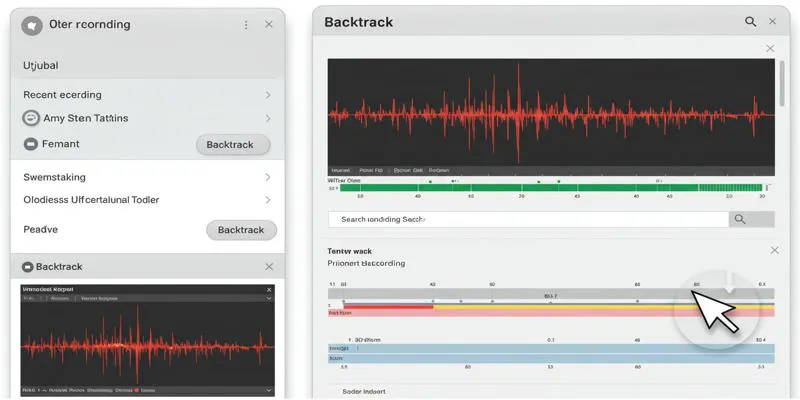
Tagging and Organization
Apply tags, names, or relevant metadata, such as agent information, dates, and keywords, to recordings. This system design feature makes recordings easier to locate when searching for individual calls.
Compliance Checks
Your archiving system must comply with all existing legal documentation requirements:
Store recordings securely.
Retain calls for their legal retention period and properly delete them upon expiration.
Backup Strategies
Establish multiple backup locations for archived recordings to protect against system failures.
Regular Updates
Keep your recording software and archiver tools updated to access new features and security enhancements.
Common Challenges in Automating Call Recording Archiving
Automated call recording archiving systems offer advantages but also present challenges.
High volumes of recorded data can quickly consume storage capacity. Scalable cloud services can solve this issue.
Configuration errors can lead to data breaches. Implement encryption and strong passwords to prevent security risks.
Incorrectly set-up scheduling tools can cause archival errors. Regular monitoring is essential.
Advanced Features for Enhanced Archiving
Advanced call recording platforms offer features to enhance your archiving system’s capabilities.
AI-powered transcription converts recorded voice into searchable text, making analysis more efficient.
Speech analytics uses AI to assess calls, understanding customer reactions and agent performance.
CRM systems integration allows attaching recorded communications directly to customer profiles for comprehensive client interaction monitoring.
Case Study: Implementing Automated Archiving in a Contact Center
A large contact center faced significant challenges managing thousands of daily recorded calls manually. By implementing automated archiving through cloud storage and scheduling tools, the company achieved the following benefits:
- Reduced manual labor by 80%.
- Secured data storage with encryption and enhanced control within secure systems.
They also met regulatory needs through systematic retention rules, leading to better compliance practices.
Conclusion
Automating Backtrack call recording archiving is essential for businesses to optimize operational efficiency while adhering to regulatory standards and security requirements. By selecting appropriate tools, configuring storage, scheduling tasks, and implementing retention policies, organizations can effectively manage large volumes of recordings.
Implementing best practices, including tagging methods, compliance verification protocols, and backup strategies, protects data from unauthorized access. As technology evolves, businesses can extract more value from call recordings through AI transcription tools and speech analytics. Organizations that adhere to these standards and track industry advancements will achieve maximum efficiency in call recording archive management, enhancing decision- making quality and customer satisfaction.
On this page
Why Automate Call Recording Archiving? Steps to Automate Archiving of Backtrack Call Recordings Best Practices for Automatic Call Recording Archiving Common Challenges in Automating Call Recording Archiving Advanced Features for Enhanced Archiving Case Study: Implementing Automated Archiving in a Contact Center ConclusionRelated Articles

Easy Ways to Screen Record Snapchat Stories & Snaps

Offline Loom Alternatives: The Best 5 Tools for Screen Recording

Enhance Your Meeting Productivity with Fireflies.ai Automation

The Best Email Drip Campaign Software: Top Picks for Seamless Automation

The AI Advantage: 8 Ways Real Businesses Are Using AI for Content Creation

6 Ways to Automate Content Marketing with Jasper: Save Time and Boost Results

5 Proven Ways to Automate WordPress and Streamline Your Website Management

Step-by-Step Guide to Recording Steam Gameplay Without Lag

OBS Screen Recorder Review: Is It the Ultimate Tool for Your Needs?

Airtable vs. Google Sheets: Which Should You Use for Your Workflow

The 6 Best Session Replay Tools in 2025 to Optimize Your User Experience

How to Use Canva AI Tools to Enhance Your Designs
Popular Articles

Top Free Postgres Tiers: Reliable Hosting Solutions for 2025

Speed Up Contact Form Follow-Ups with Automation

Top Tools to Easily Convert FLV to DivX H.264/H.265
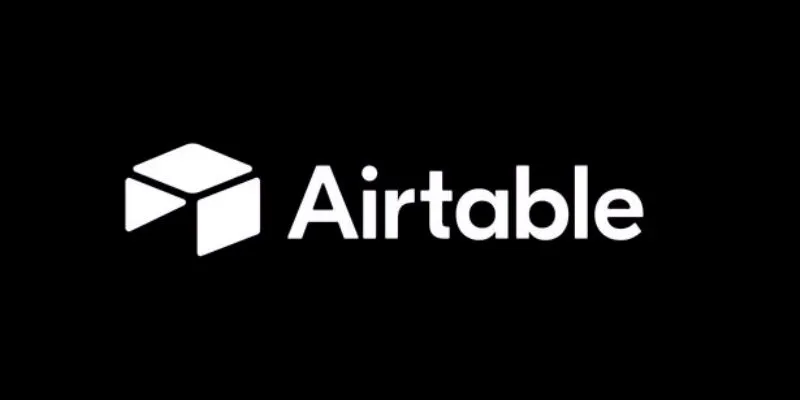
How to Create and Customize Airtable Views for Better Organization

The Easiest Way to Convert Video to Apple TV: Free, Paid, and Online Options

Best Generative AI Platforms for Creative Work in 2025

How to Make a Smooth 3D Effect for TikTok: Step-by-Step Guide
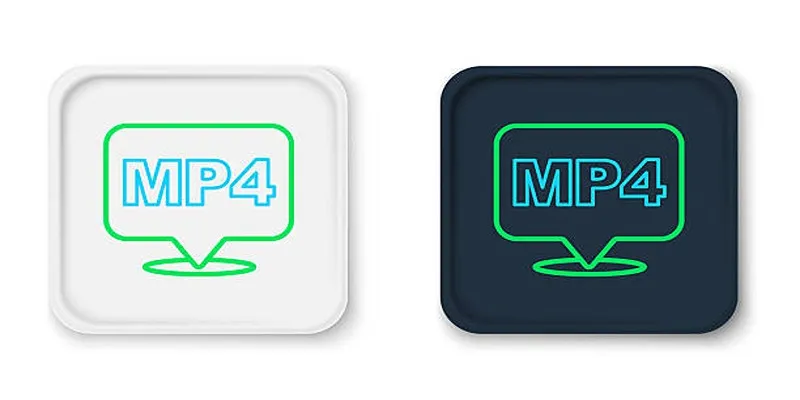
5 Ways to Convert Videos to MP4 on Mac OS X Effortlessly

Slack vs. Discord: Choosing the Right Tool for Your Workspace

PowerToys 0.89.0: Enhancements in Media Transcoding and More
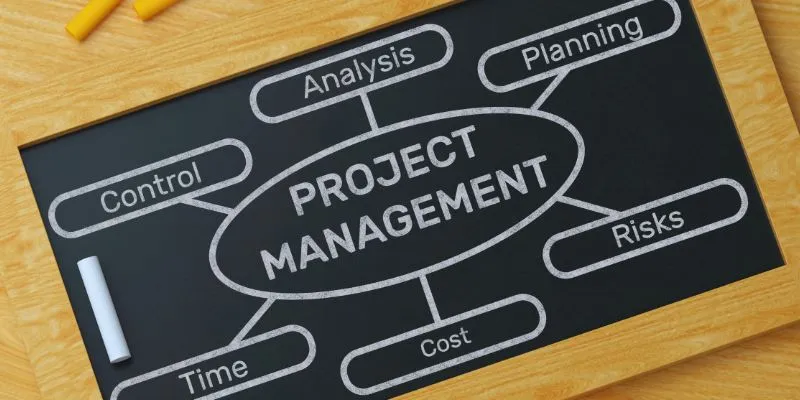
Streamline Your Workflow: 6 Effective Ways to Automate Project Management

 mww2
mww2